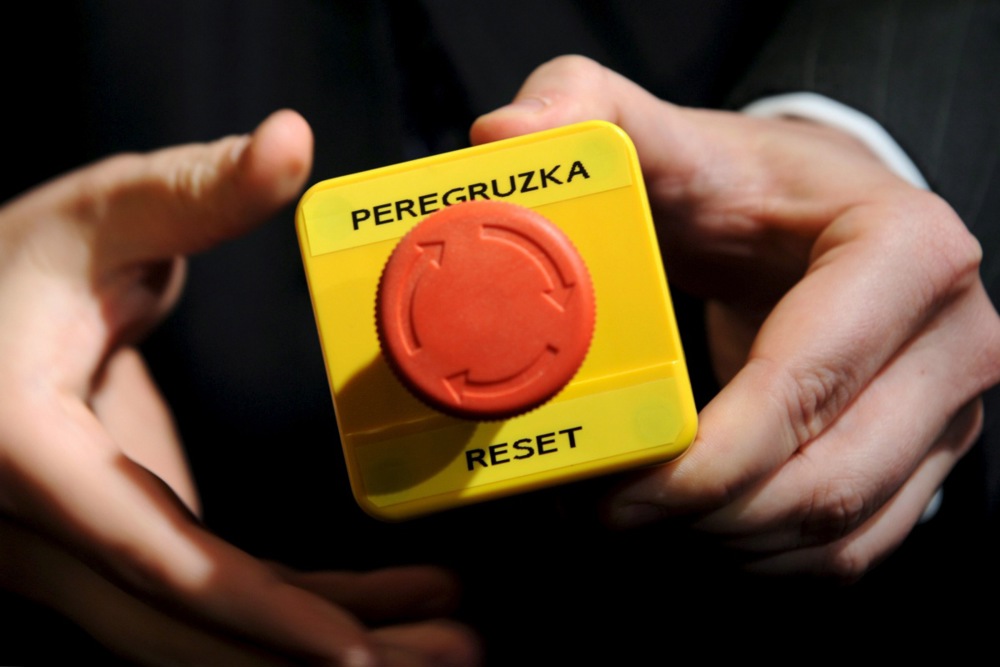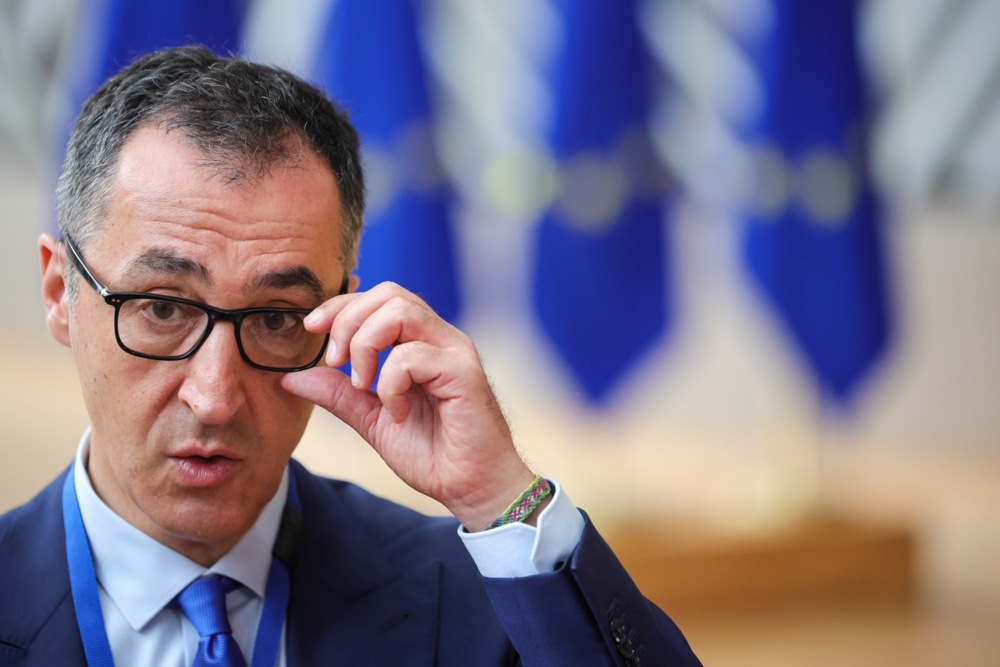Legislation that will ban organisations which “promote the sexualisation of children” from schools has been approved by Poland’s parliament, backed by both the ruling conservatives (PiS) and the Confederation party.
The legislation was put forward as a result of a citizens’ petition. According to the rules governing citizen petitions they must be signed by at least 100,000 people for them to be considered but most are rejected at first reading.
In this instance, as soon as the ruling party’s senior figures such as its leader Jarosław Kaczyński backed the measure it was clear this would be passed.
The legislation introduces the requirement for NGOs visiting schools to submit information on the classes planned to the headmaster. The headmaster is then obliged to stop a class if it is deemed a lesson “promotes issues related to the sexualisation of children”.
The liberal and Left opposition argued against adopting the legislation on the grounds that there was no clear definition of what the sexualisation of children actually is. They accused the PiS of conflating promoting sex with sex education. Some NGOs have protested that the new law will make it more difficult for children to access sex education.
Education minister Przemysław Czarnek rejected those claims. He said schools are places in which teachers are responsible for teaching and that this responsibility cannot be passed on to organisations that have their own agendas.
The legislation has also received support from conservative civil society groups. They have argued that LGBT groups have been attempting to sexualise children and encourage them to engage in gay sex.
The legislation must be now signed by President Andrzej Duda to become law. He has in the past rejected two education bills produced by the government on the grounds of them being divisive.
Still, Duda has in the past made it clear that he opposes the spread of what he calls “LGBT ideology” and that he supports the rights of parents to have their children educated and raised in line with their values and beliefs, as enshrined in the Polish Constitution.
The issue of LGBT education in Polish schools has arisen as a result of some local authorities deciding to allow talks by pro-LGBT NGOs in schools. The content of some of these has proved controversial and led other local authorities to pass resolutions in favour of adopting a family charter that attempts to ban “LGBT ideology” from schools.
These anti-LGBT education resolutions in turn led to action by the European Commission against the local authorities involved. They also led to a campaign by LGBT activists who claimed that some local governments in Poland were establishing “LGBT free zones”. Some of the “offending” resolutions have now been reversed as the EC threatened to pull funding for the authorities in question.
Poland’s LGBT campaigners face an uphill task in changing legislation on what they call “marriage equality” – or same sex marriage. The Polish Constitution defines marriage as being exclusively between a man and a woman and changing the constitution requires a two-thirds majority in parliament.
In theory, the legalising of same-sex relationships as civil unions is compatible with the Constitution. However, such a measure is regarded as a stalking horse for same-sex marriage by the Polish Right and is fiercely opposed by Poland’s influential Catholic Church.





